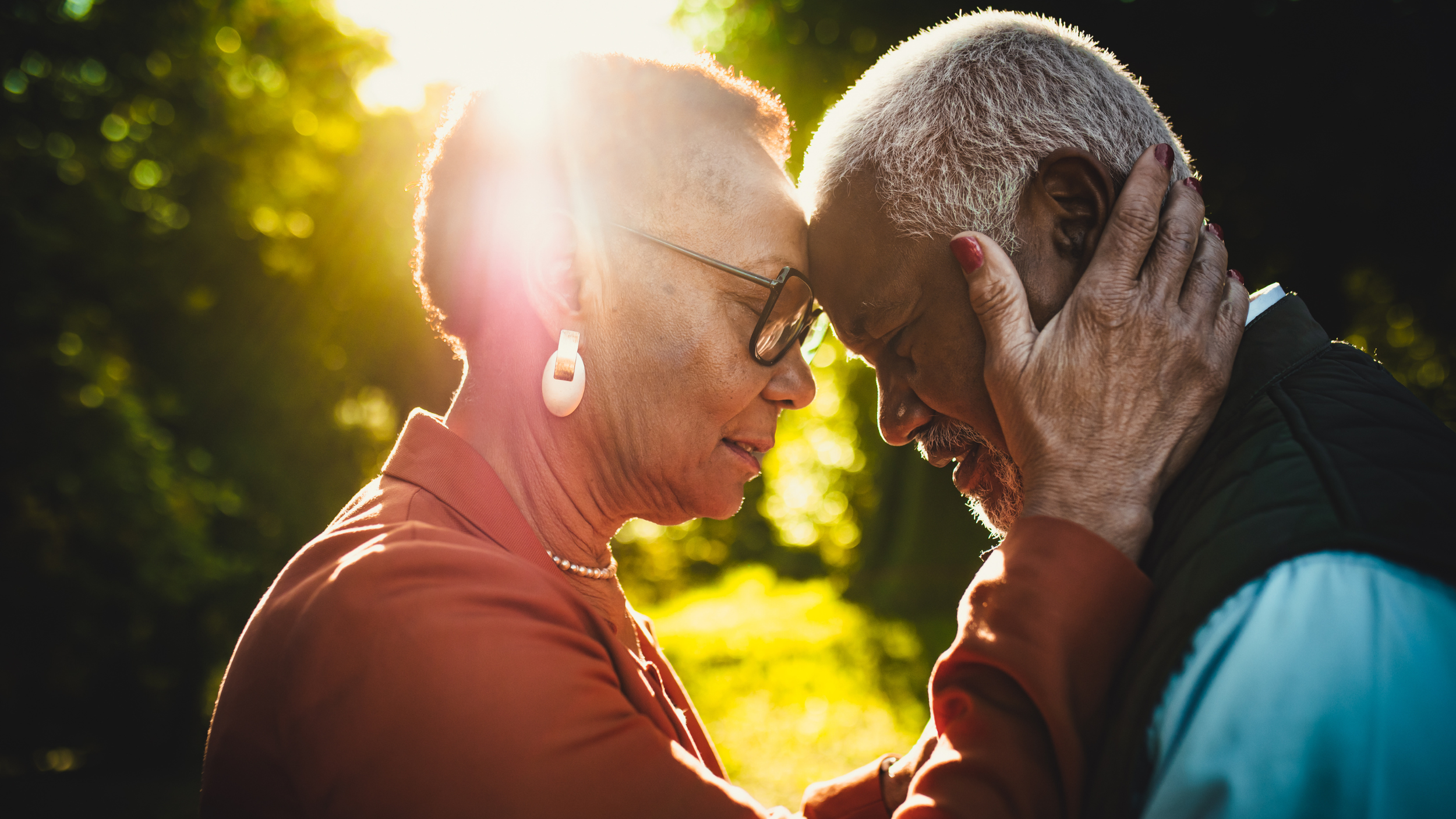Aging and Arousal: What No One Tells You
Arousal changes. That is not a failure. That is physiology.
Your body is not betraying you. It is adapting. And it deserves to be met with curiosity, not shame.
Too many people reach a certain age and quietly wonder, Is something wrong with me? They used to get wet quickly. Now they need more time. They used to get hard on command. Now their erections come and go. They used to crave sex daily. Now they want connection more than they want friction.
None of this means you are broken. It means you are human.
Arousal Slows. That Can Be a Gift.
Most people are taught to value speed. Fast turn-ons. Fast erections. Fast orgasms. But aging often asks us to slow down. It asks us to listen more deeply. To feel more. To savor.
For many, this is not a loss. It is an opportunity.
Slower arousal can mean more connection. More time for the body to catch up to the mind. More presence. More nuance. Less pressure.
This shift can feel frustrating at first, especially if you are used to things working a certain way. But it can also become the doorway to a richer erotic life. One that is less about performance and more about sensation. Less about proving and more about being.
Lubrication and Erection Changes Are Normal
Vaginal dryness is common. So is delayed or reduced erection. Hormonal changes, medications, circulation, and stress all play a role. These are not signs that sex has to stop. They are signs that sex needs support.
Use lube. Generously. Not just as a backup, but as a normal part of touch. Silicone lube, water based, oil based. Experiment. See what feels good. There is no shame in needing help. There is wisdom in making things easier.
For those with penises, erection patterns may change. It might take longer. It might not be as firm. It might not stay. This does not mean you are not aroused. And it does not mean you cannot give or receive pleasure. Hands, mouths, toys, hips, thighs, breath, words. There are many ways to be erotic. The erection is not the measure of your worth.
Orgasm May Take Longer. Or Feel Different.
This is true for many people. The build might be slower. The release might be softer. You might not feel the same intensity. Or you might feel more emotion with less physical climax.
This is not a problem. It is a new pattern. Your nervous system is shifting. Your body is communicating in new ways. Pay attention. Follow the feeling. Let go of chasing what used to be. Ask what wants to be discovered now.
Desire May Not Be Spontaneous
Spontaneous desire is the kind that shows up without warning. That jolt of yes from nowhere. It can become less frequent with age. Responsive desire is more common. That means desire grows once you start touching, connecting, kissing, relaxing.
If you wait to feel desire before initiating, you might wait a long time. But if you give your body a chance to warm up, desire often arrives.
Think of it like starting a fire. It takes more kindling now. But it still burns.
What Helps Most Is Permission
You are allowed to grieve what has changed. And you are allowed to love what is possible now.
Talk to your partner. Or to yourself. Say what feels different. Say what you miss. Say what you are curious about. Say what you are afraid to admit. You are not alone in this. So many people are quietly wondering the same things.
Be gentle. Be playful. Be honest. Your erotic life is not over. It is evolving.
Let go of the myths. Let go of the timelines. Let go of the shame.
You are not too old. You are not too late. You are not done.
With love,
Nina


